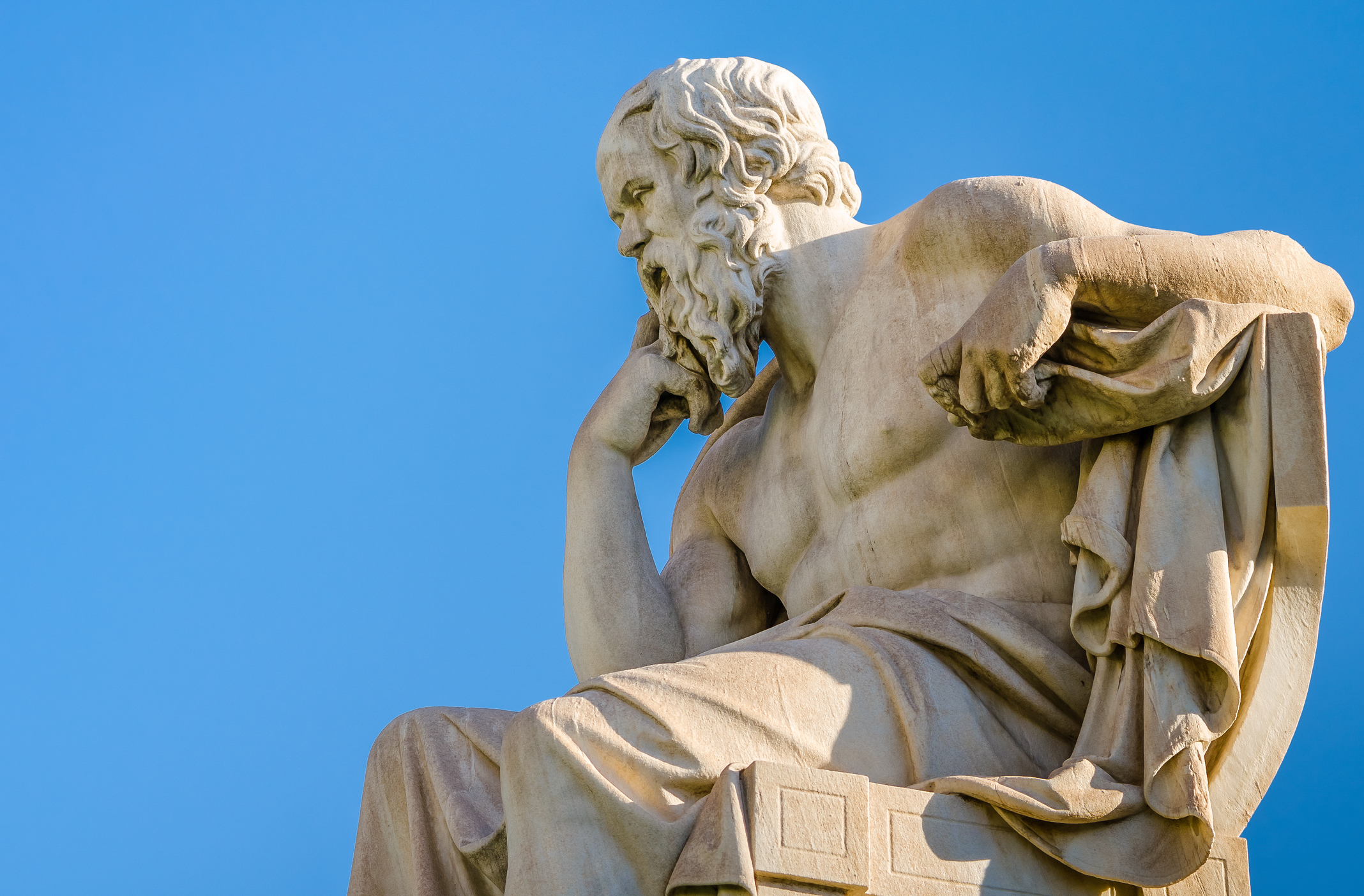
It can be almost impossible to avoid FOMO – the fear of missing out. But according to professor of psychology Svend Brinkmann, we could all find more pleasure by doing less.
He tells Alice Hinds the Honest Truth about why it’s vital to exercise the art of self-restraint
What made you interested in our obsession with “having it all”?
As a researcher in psychology I am interested in the cultural background to people’s lives and problems. In a consumer society we are encouraged to “have it all”, “just do it!” and so on, and this unfortunately gives people what it now known as FOMO; a fear of missing out. I believe we have reason to think that this is part of the explanation why there is so much stress, depression and anxiety even in rich and safe countries in the world.
Why did Greek philosophers value moderation?
They thought it was a cardinal virtue – a key to a balanced life. All the other virtues, like courage or generosity, should be expressed in a balanced way, for example between cowardice and recklessness. Without moderation, we tend to want more and more of many things, and we can never be happy and satisfied.
What is the hedonic treadmill, and how does this applying to our fear of missing out?
The hedonic treadmill is a metaphor that is meant to explain why human beings need new stimuli and run faster all the time in order to stay happy. We probably all have a kind of baseline of happiness, and when good things happen to us, we are only momentarily happy and then fall back to the baseline. But we suffer from the illusion that we should be up there in happiness levels all the time, and then we run faster and faster in the treadmill in order to try to achieve it.
What is the most interesting fact you discovered about the benefits of self-restraint and missing out?
There are so many myths in the field, such as the thought that we can practise self-control like an inner mental muscle. The best way to resist temptation is not to practise self-control, but rather to construct an environment that does not tempt you all the time!
Do you still find it difficult to say no and embrace moderation?
Of course! It’s a lifelong practice to live a moderate life of focus. We are surrounded today by digital technologies that invite us to keep on scrolling, clicking, checking, and liking.
Can you explain the importance of the “homo economicus” model?
Much economic theory is based on the premise that human beings are “homo economicus” – creatures that will try to achieve as much as possible with as little effort as possible.
But experiments now indicate that this is wrong.
For example, we are willing to share money with others in experimental situations – also complete strangers – simply because it strikes us as fair.
Are we all still the child who can’t resist the marshmallow?
Basically yes. Ultimately, we cannot resist temptations. Oscar Wilde was right when he said: “I can resist everything but temptation”. So the only way to resist is to make sure that there is no marshmallow around.
What is your favourite example of “beauty of simplicity”?
I have a particular preference for haiku poetry, or simple folk music with traditional instruments. None of these art forms would benefit from being more complex.
The Joy of Missing Out: The Art of Self-Restraint in an Age of Excess, Polity, £12.99, out now.

Enjoy the convenience of having The Sunday Post delivered as a digital ePaper straight to your smartphone, tablet or computer.
Subscribe for only £5.49 a month and enjoy all the benefits of the printed paper as a digital replica.
Subscribe © Getty
© Getty